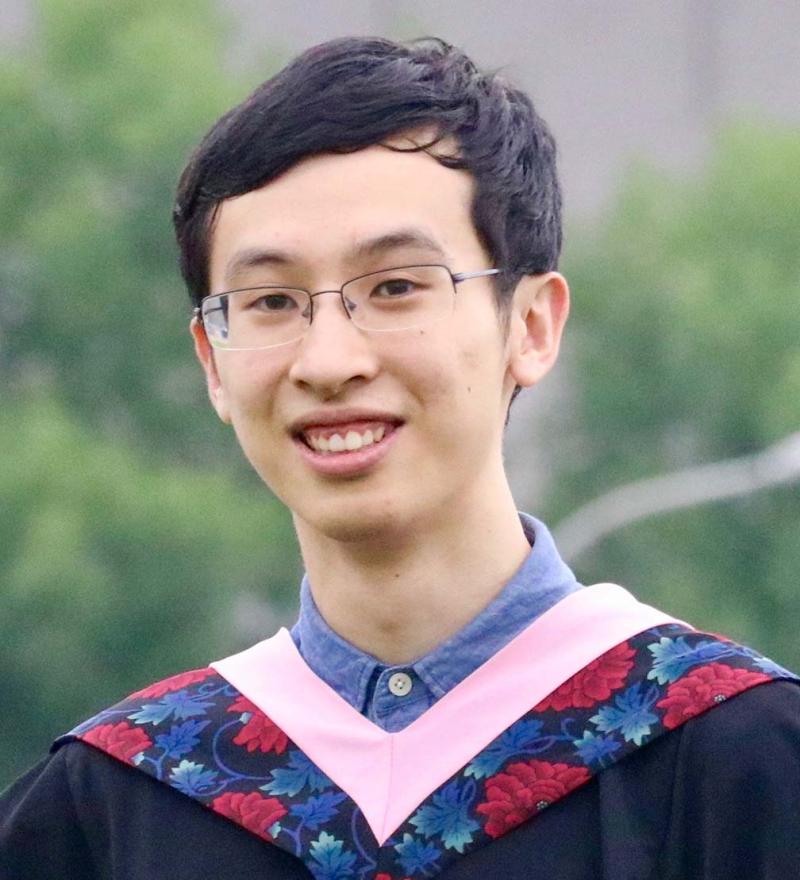Wenyi Shang's preliminary examination

PhD student Wenyi Shang will present his proposal defense, "Moving Between Scales: Computationally Modeling Social Dynamics in the Elite Society of Premodern China." Shang's doctoral committee members include Professor Ted Underwood (chair and director of research); Associate Professor Jana Diesner; Assistant Professor Zoe LeBlanc; and Song Chen, associate professor in the Department of East Asian Studies at Bucknell University.
Abstract:
The meta-disciplinary concern of information science has led to active contributions from information science in two interdisciplinary fields, computational social science and digital humanities. However, computational social science tends to emphasize recent digital trace data rather than archival material from older periods, and the large-scale methods employed in digital humanities are frequently criticized by humanists for their incapability to capture perspectival and interpretative nuances.
This dissertation combines humanistic and social-scientific approaches to study premodern China, emphasizing the importance of “moving between scales.” For instance, it examines small-scale structures to investigate how they reflect large-scale social dynamics, and explores mid-range social phenomena by investigating prosopography of elite society members. Four research questions are proposed: (1) What are the opportunities and challenges in investigating a biased text-based social network? (2) How can prosopographical data lead to conclusions about the changing structure and shifting center of political power? (3) How can structural characteristics in multiple networks reveal changes in political culture across a historical period? (4) What can bibliographic metadata reveal about the particularity of the publishing history of Chinese books, and how do western bibliographic metadata frameworks complicate the understanding of Chinese publishing history?
By addressing these questions, this dissertation intends to leverage theories and practices of information science to develop computational models that unveil historical trends. It seeks to contribute to computational social science by enhancing social scientists’ understanding on how societies and cultural systems evolve over time, to digital humanities by revealing the historical changes in the longue durée in premodern China, and to information science in general by fulfilling its mission as a meta-discipline of bringing an information perspective to traditional academic disciplines.
Questions? Contact Wenyi Shang.